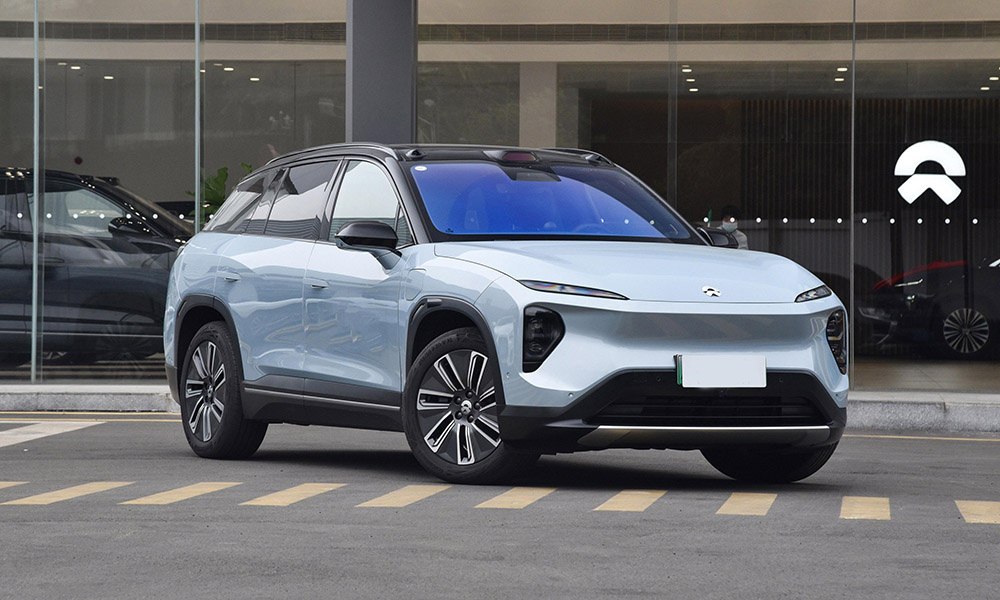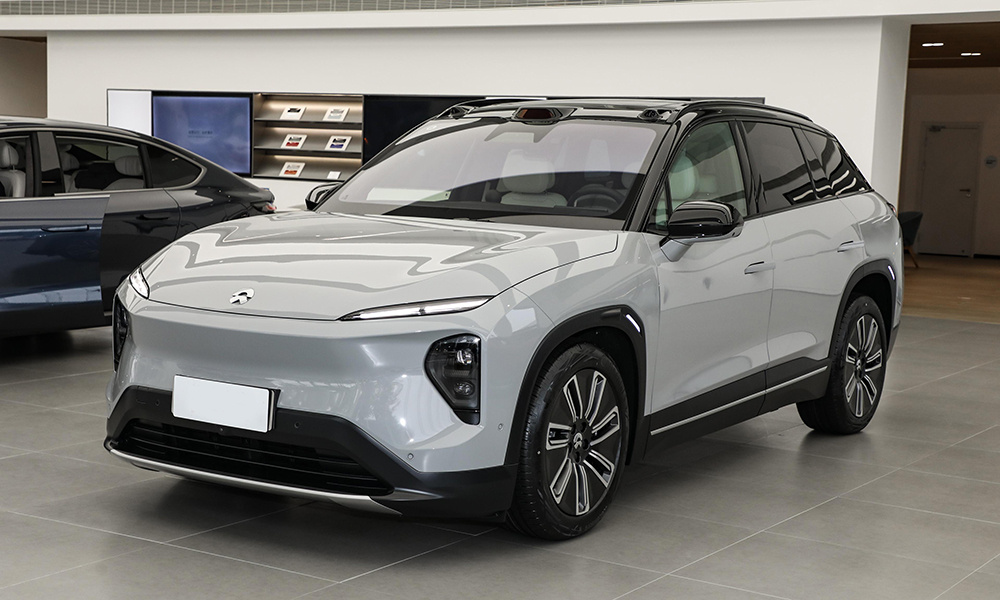Tata Motors' electric vehicle Nexon.ev is displayed during its launch in New Delhi, India, September 14, 2023. REUTERS/Anushree Fadnavis/File Photo Acquire Licensing Rights
NEW DELHI, Dec 7 (Reuters) - Tata Motors (TAMO.NS) is pressing Indian officials not to lower import taxes of 100% on electric vehicles and to protect domestic industry and its investors, as the government reviews Tesla's plans to enter the market, people with direct knowledge said. Twizy Electric Car

As India tries to boost domestic manufacturing and EV adoption, Tesla (TSLA.O) is proposing to set up an Indian factory, but is demanding lower import taxes for electric cars.
India is working on a new policy to cut import taxes on EVs to as low as 15% for companies committing to some local manufacturing. The policy could allow Tesla to set up its India factory to make its proposed $24,000 car, while importing its more expensive models with lower tax.
Tesla's strategy is a departure from its failed plan last year when it just pushed India to lower duties.
In meetings with Prime Minister Narendra Modi's office and other departments, Tata has opposed the plan, arguing that its investors made decisions assuming the tax regime favouring locals will remain unchanged, two sources with knowledge of talks said.
Tata and Modi's office did not respond to requests for comment.
Tata is also arguing that India's EV players need more government support in the early growth stage of the industry, pointing to imported gasoline or diesel cars which are still taxed at up to 100% despite the industry being well developed, said the first source.
"Lower duties will hit the entire (domestic) industry," the person said, adding "the investment climate will get vitiated."
Tata, one of India's biggest carmakers, started its EV business in 2019. Private equity firm TPG and Abu Dhabi state holding company ADQ invested $1 billion in 2021, valuing the EV business at around $9 billion, and the second source said lower duties for foreign players could risk future fundraising.
India's EV market is small, but 74% of the 72,000 electric cars sold so far this year are made by Tata.
Tesla, which is losing share in an increasingly crowded U.S. market, has its sights set on the potential of India's auto market, one of the world's biggest where more than 3 million cars are sold each year. EVs still account for a tiny share in India, but Modi's government is promoting the use of clean cars and the sector is rapidly growing.
Modi has been directly overseeing talks with Tesla since his meeting with CEO Elon Musk in New York in June.
The domestic car industry had lobbied hard against Tesla's previous plan for India to lower taxes and succeeded, with a Tata Motors executive saying in late 2021 the move would run "contrary" to the government's Make-in-India push.
Another Indian player, Mahindra & Mahindra (MAHM.NS), which has raised around $400 million from Singapore's Temasek and British International Investment, has also raised concerns with officials about the lower EV tax plan, said a third source, a senior federal official involved in policymaking.
New Delhi, said the third source, is trying to soothe concerns of local automakers, but India remains determined to make EV sector entry for foreign players easier to help meet its goals.
Modi wants 30% of annual car sales in India to be electric from 2030 compared to the current 2%. Charging infrastructure is in its infancy too.
"We will come out with a policy that addresses everyone's fears," said the official, adding one option was to lower import taxes only above a certain price point.
India's current EV import tax of 100% is for cars priced above $40,000 - which applies to most Tesla models. Tata has three EV offerings, priced $10,400 to $24,000.
"If India needs to be an EV hub, we need more manufacturers ... Local industry need not fear that Tesla or anyone else will wipe them out," said the Indian official.
India's talks with Tesla come as other countries are courting the U.S. giant.
This week, Thailand's Prime Minister said he showed Tesla executives around as they are looking for land, saying he was confident the company would invest in the country.
Reporting by Aditi Shah and Aditya Kalra; Additional reporting by Shivangi Acharya; Editing by Elaine Hardcastle
Our Standards: The Thomson Reuters Trust Principles.
Aditya Kalra is the Company News Editor for Reuters in India, overseeing business coverage and reporting stories on some of the world's biggest companies. He joined Reuters in 2008 and has in recent years written stories on challenges and strategies of a wide array of companies -- from Amazon, Google and Walmart to Xiaomi, Starbucks and Reliance. He also extensively works on deeply-reported and investigative business stories.
Tucker Carlson has priced his subscription-based streaming service at $9 per month, as the former Fox News host looks to capitalize on his popularity among conservative viewers.
Reuters, the news and media division of Thomson Reuters, is the world’s largest multimedia news provider, reaching billions of people worldwide every day. Reuters provides business, financial, national and international news to professionals via desktop terminals, the world's media organizations, industry events and directly to consumers.
Build the strongest argument relying on authoritative content, attorney-editor expertise, and industry defining technology.
The most comprehensive solution to manage all your complex and ever-expanding tax and compliance needs.
The industry leader for online information for tax, accounting and finance professionals.
Access unmatched financial data, news and content in a highly-customised workflow experience on desktop, web and mobile.
Browse an unrivalled portfolio of real-time and historical market data and insights from worldwide sources and experts.
Screen for heightened risk individual and entities globally to help uncover hidden risks in business relationships and human networks.

Ora Electric Car All quotes delayed a minimum of 15 minutes. See here for a complete list of exchanges and delays.